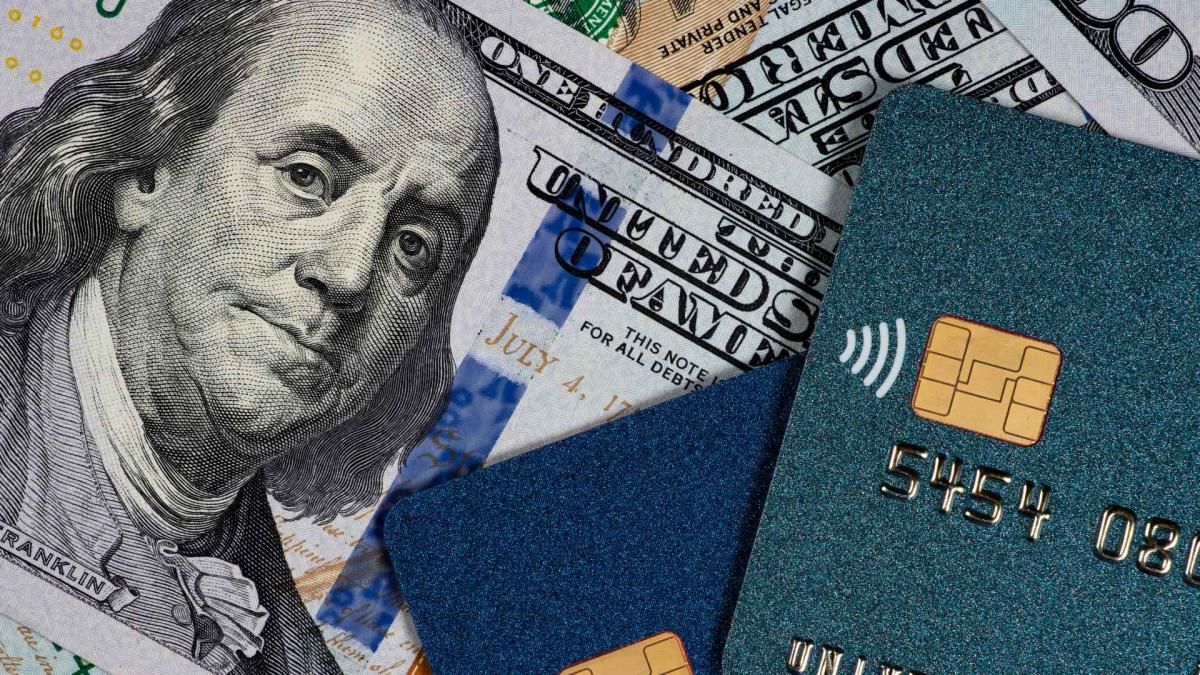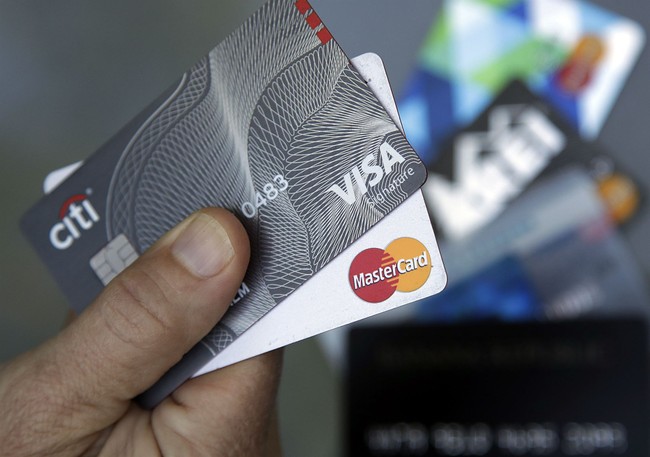



The battle over credit card policy in the United States reflects two opposing visions for the American economy. On one side are economic populists like Lina Khan and J.D. Vance, who advocate for more government intervention and antitrust measures. On the other side are proponents of traditional laissez-faire, free market economics.
The recent announcement of Capital One's intention to acquire Discover for $35 billion has sparked controversy, with 13 lawmakers urging the Biden administration to block the merger. Senate Majority Leader Chuck Schumer and other Democrats have expressed concerns about the potential reduction in customer choices and the potential for high fees. They argue that the merger would create the largest credit card lender in the United States, potentially limiting competition and innovation [9cbdc02f].
In response to the proposed merger, Senator Vance has introduced legislation called 'The Credit Card Competition Act' that would eliminate consumer choice in payment processors. The act aims to increase competition and prevent the concentration of power in the credit card industry. However, proponents of the free market argue that solutions can emerge naturally without government intervention. They believe that the Capital One/Discover merger could actually increase competition and innovation, benefiting consumers [9cbdc02f].
Capital One Financial's acquisition of Discover Financial for $35.3 billion is the biggest-ever deal in the credit card industry. If approved by regulators, the merger could have significant implications for customers of both companies. Customers may see changes in rewards programs and annual percentage rates (APRs). The merger could result in cost savings and more efficient operations, leading to potential industrywide lower APRs in the near term. However, Discover customers might experience rate increases in the long term. On the other hand, Capital One customers will gain access to Discover's payment network, but this could limit their payment options overseas [230414e4].
The battle over credit card policy and the American economy highlights the ongoing debate between those who advocate for more government intervention and antitrust measures and those who support traditional laissez-faire, free market economics. The proposed merger between Capital One and Discover has become a focal point of this debate, with lawmakers and advocates on both sides expressing their concerns and arguments [9cbdc02f]. Regulators are expected to decide on the deal in late 2024 or early 2025 [230414e4].
Capital One's agreement to buy Discover Financial Services raises concerns about regulatory approval. Investors question the deal's likelihood of passing regulatory hurdles. Capital One's CEO, Richard Fairbank, believes they are well positioned for approval but cannot discuss conversations with regulators [cec956f9].
The proposed merger between Capital One and Discover is seen as beneficial for consumers, small business owners, and the free-market economy. The merger would inject competition into the credit card payment systems market, challenging the dominance of Visa and Mastercard. The merger holds the potential to improve product offerings, services, and pricing across all credit card networks. Critics argue that the merger would increase market concentration, but the combined entity would still be significantly smaller than the Big Four banks. Both Capital One and Discover are leaders in the credit access space, and the merger would ensure more people have access to credit. Congressman Bob Beauprez supports the merger and highlights his experience as a former community banker and member of Congress [4b7b9928].
In conclusion, the proposed merger between Capital One and Discover has sparked a heated debate about the future of the credit card industry and the role of government intervention. While critics express concerns about reduced competition and potential high fees, proponents argue that the merger could lead to increased competition and innovation, benefiting consumers. The decision on the merger is now in the hands of regulators, who are expected to make a ruling in late 2024 or early 2025 [9cbdc02f] [230414e4].